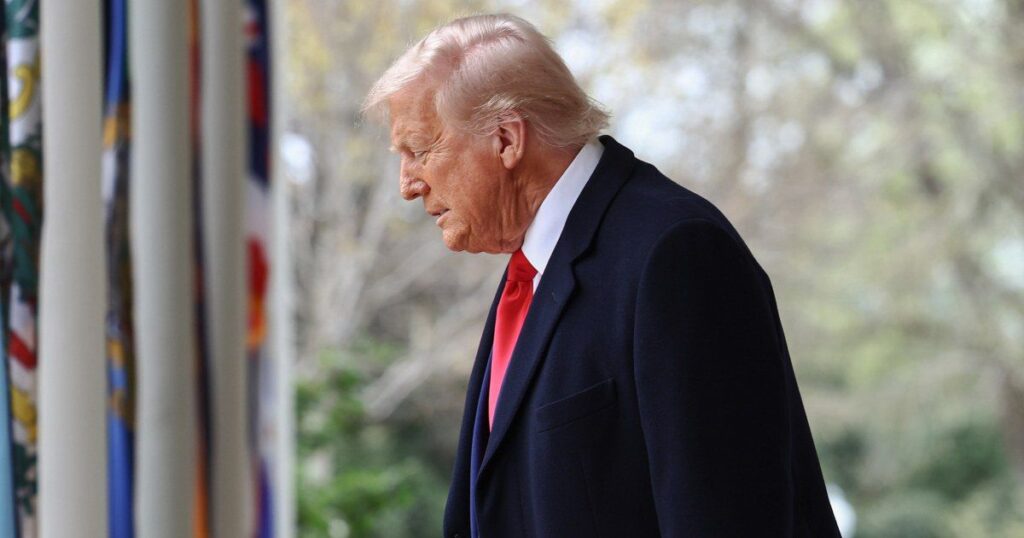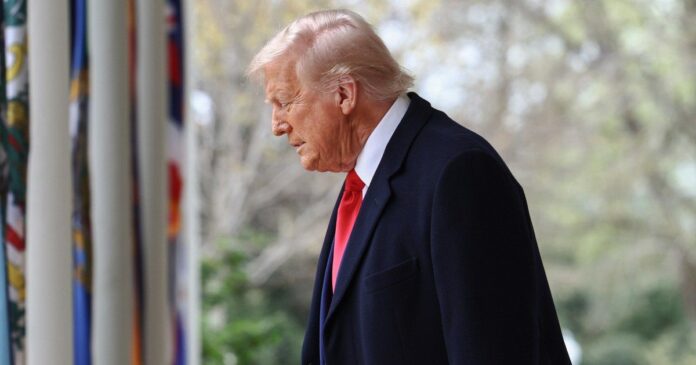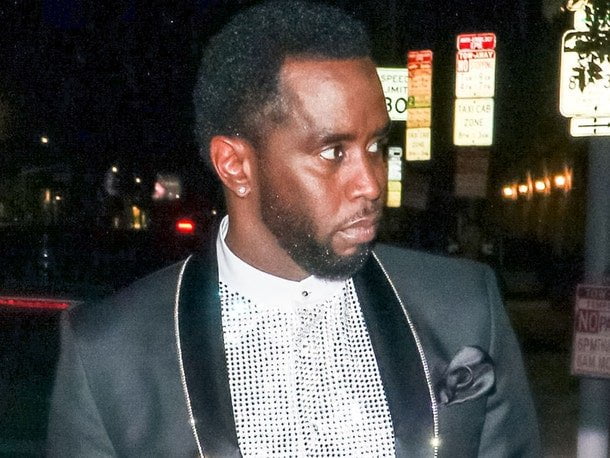Next month, the United States Supreme Court will once again find itself at the heart of a deeply polarizing debate—this time over the future of birthright citizenship. The case stems from a Trump-era policy proposal aimed at ending automatic citizenship for children born on American soil to undocumented immigrants—a move that has sparked legal battles, public outrage, and now, the scrutiny of the nation’s highest court.

The issue is not just a policy, but a fundamental question about who gets to be American.
The Trump administration’s challenge seeks to reinterpret the 14th Amendment, a pillar of the Constitution since 1868. The amendment clearly states that “all persons born or naturalized in the United States, and subject to the jurisdiction thereof, are citizens of the United States.” That phrase has long been understood to grant citizenship to anyone born on U.S. soil—regardless of their parents’ legal status.
For over a century, this principle has been more than just law; it’s been a defining element of American identity. It reflects a nation built by immigrants, a society that—at least in principle—welcomes those who are born here as full members of the polity.
The Trump administration’s effort to reverse this understanding was immediately met with legal opposition, resulting in multiple nationwide injunctions. Now, as the Supreme Court agrees to hear the case, the stakes are enormous. At risk is the status of millions of American-born children who could see their citizenship questioned retroactively, opening a Pandora’s box of legal and humanitarian issues.
- Trump’s Tariff Threats Loom Over Japan as Deadline ApproachesSpread the love US President Donald Trump has threatened to impose a steep tariff of up to 35% on… Read more: Trump’s Tariff Threats Loom Over Japan as Deadline Approaches
- Gold Explorer Joins Bitcoin Treasury BandwagonSpread the love The early-stage gold explorer’s Bitcoin reserve strategy has become a familiar playbook among financially pressured firms.… Read more: Gold Explorer Joins Bitcoin Treasury Bandwagon
Supporters of the proposed change argue that birthright citizenship has been misused, attracting so-called “birth tourism” and encouraging illegal immigration. But critics—many of them constitutional scholars—warn that the attempt to alter such a deeply rooted constitutional guarantee via executive action sets a dangerous precedent.
This isn’t just a legal question—it’s a moral one. What does it mean to be American? And who gets to decide?
The Court’s decision could redefine the balance of power between the executive branch and the Constitution. More significantly, it could reshape the meaning of American citizenship for generations to come. For now, the nation watches and waits, as nine justices prepare to decide the future of a right that millions take for granted.
In a democracy founded on the rule of law, some principles must stand firm. Birthright citizenship, embedded in the 14th Amendment, is one of them.
Have your say: Should the 14th Amendment be reinterpreted—or is this a line that must not be crossed?





